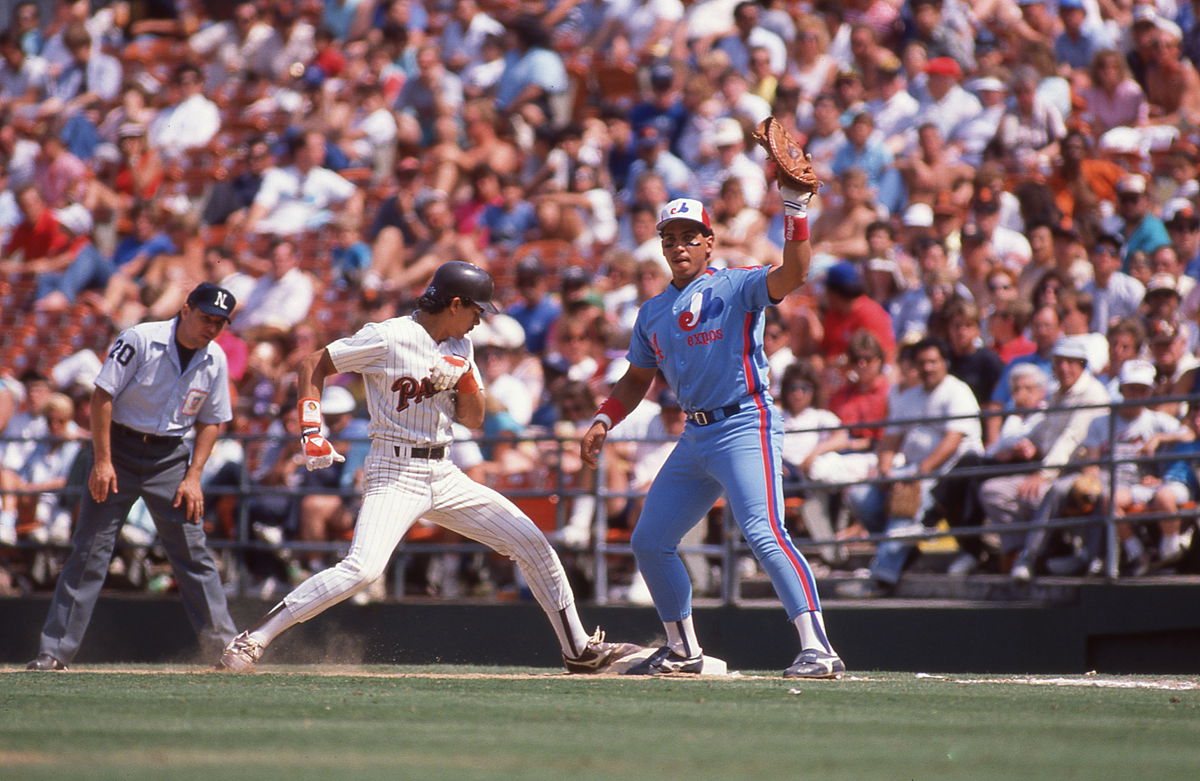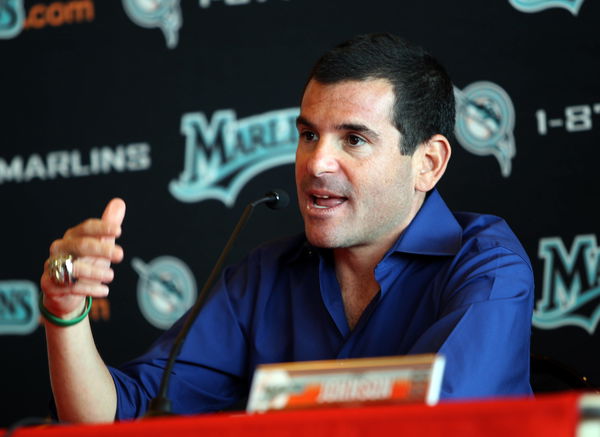
Imago
Credit: IMAGO

Imago
Credit: IMAGO
The new Netflix documentary “Who Killed the Montreal Expos?” comes out on October 21st, reopening wounds that have been open for twenty years. The movie looks at more than just a team leaving; it also looks at how deeply a city feels the loss. This loss still hurts for those who saw baseball’s most international moment fall apart because of corporate indifference.
Watch What’s Trending Now!
Jean-François Poisson directed the documentary, which tries to figure out why Montreal lost its beloved Expos in 2004. Throughout 91 minutes, the movie follows a path of poor financial management, failing infrastructure, and competing interests that eventually led the franchise to Washington, D.C. What comes out is not one person to blame, but a series of choices that broke up a team that had captured the city’s imagination since 1969, when it became MLB’s first franchise outside of the US.
The pain is still there in the movie. Hall of Famers like Pedro Martinez, Vladimir Guerrero Sr., and Larry Walker talk about how the team has gotten worse, giving both technical and emotional evidence. The documentary shows footage from September 29, 2004, the Expos’ last home game at Olympic Stadium. 31,395 fans saw their team lose 9-1 to the Marlins. “As good as we are in hockey, Montreal is a baseball city,” Martinez reflects, underscoring what the departure represented: more than a relocation, but a severing of identity.

Imago
Florida Marlins Fanfest Florida Marlins President David Samson answers questions druing a town meeting with Marlins fans at the Annual Florida Marlins Fan Fest at Sun Life Stadium in Miami, Florida, Saturday, February 19, 2011. Pedro Portal/El Nuevo Herald/MCT MIAMI FL USA EDITORIAL USE ONLY Copyright: xx 1101360 PedroxPortalx krtphotoslive470051
Jeffrey Loria, the owner, and David Samson, the executive vice president, got the most negative reviews from the documentary. Interviews showed him as a symbol of baseball’s business-first attitude. Samson himself admitted the main point: “The fact of the matter is, baseball in Montreal doesn’t work.”
The way MLB is going right now, it doesn’t look like the city will get its team back anytime soon. Even though expansion is likely to be announced by the end of the decade, Montreal is still not on baseball’s plans for the future. When the Expos left, it showed that MLB is willing to lose even the most devoted and passionate fans when profits drop. For Montreal, that abandonment is not only a missed chance for redemption but also a continued removal of a chapter that defines the sport’s international goals.
Montreal still waits for redemption as MLB moves on
But the league’s apparent lack of interest in Montreal’s return only makes the wound worse. It’s been over twenty years since the Expos moved, and the baseball community in the city is still grieving. The documentary makes it clear that Montreal’s absence from MLB’s future plans is not an accident or a temporary thing; it is a deliberate choice by the league’s leaders to put profit margins ahead of historical legacy and fan loyalty.
The 31,395 fans who went to the last game in 2004 gave baseball fans in Montreal hope that expansion might bring the sport back to the city. But every year that goes by without an announcement makes that hope less strong. The documentary shows how deep this disappointment was by showing how much Montrealers put into the franchise, both in terms of money and identity. Pedro Martinez’s claim that “Montreal is a baseball city” echoes through interviews as a haunting question: if it’s true, why did MLB leave it?
Whether or not Montreal gets consideration will depend on announcements about expansion that are likely to come before 2030. But right now, it looks like league executives are more interested in other markets. The city that started international baseball is now on the sidelines, watching franchises move and do well while it stays stuck in 2004.
For Montreal to be saved, MLB has to admit what the Netflix documentary makes clear: a city with a lot of passion deserves a second chance. Until that happens, the fact that the Expos are no longer around will continue to define baseball’s biggest unhealed wound.

